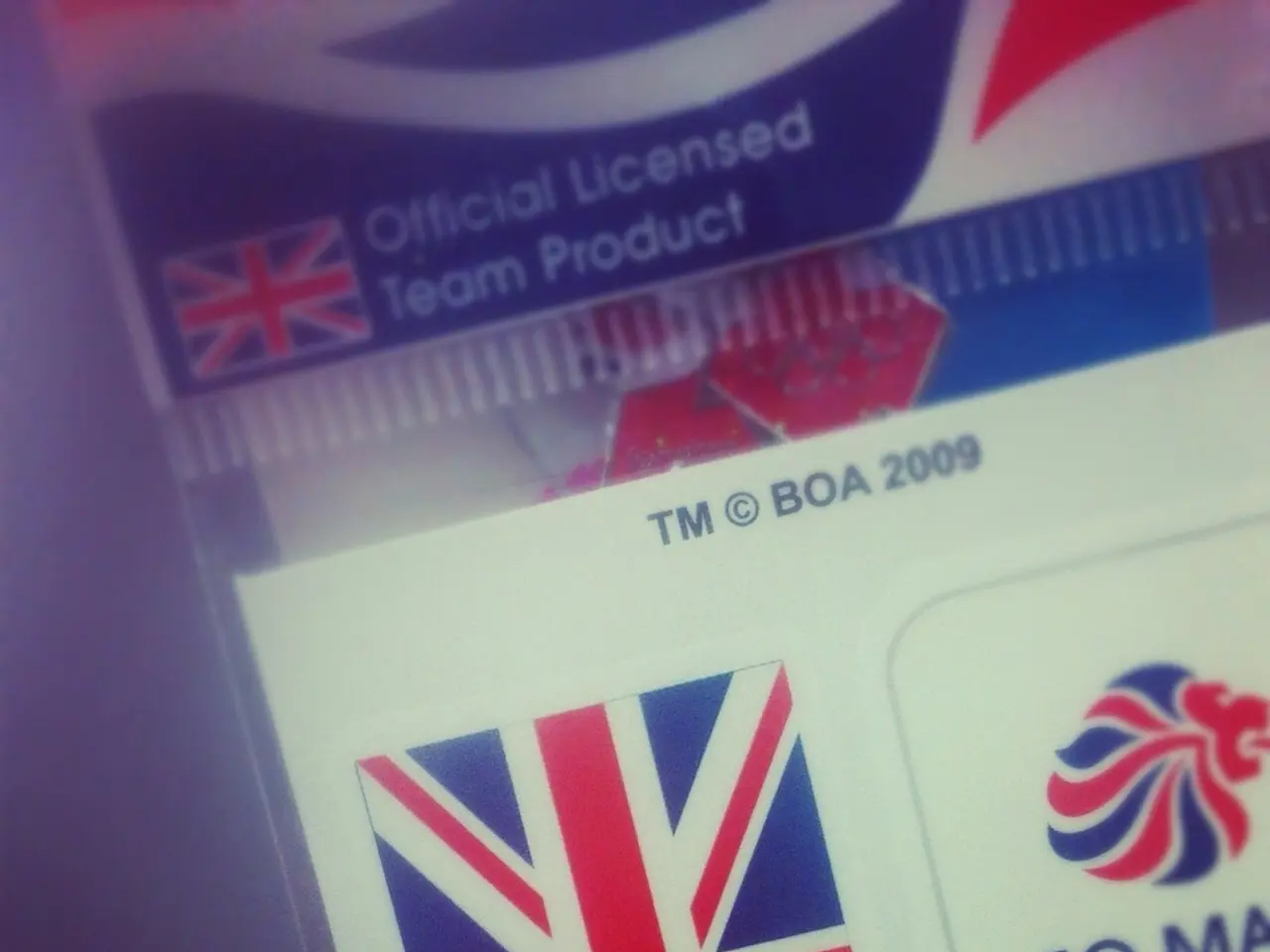United States modifies naturalization examination, enforces stricter guidelines for American citizenship acquisition
The United States Citizenship and Immigration Services (USCIS) has unveiled significant changes to both the H-1B visa program and the naturalization civics test, marking a new era for immigration policies in the country.
Joseph Edlow, the new head of USCIS, has indicated that the H-1B system requires a fundamental overhaul to better serve the domestic labor market. He emphasized that the program should supplement, not supplant, the U.S. economy and workers. The announcement comes after previous signals from the USCIS of potential reforms to the H-1B visa program.
The changes to the H-1B visa program are part of a broader effort to address concerns about its impact on the domestic workforce. Mr. Edlow's stance underscores the administration's commitment to ensuring that the program complements, rather than competes with, the American workforce.
In another major development, the USCIS has announced the introduction of a new version of the civics test for citizenship, scheduled for 2025. Known as the 2025 test, this revised test consists of 128 questions about U.S. history and government. Applicants will be required to correctly answer at least 12 out of 20 questions during the oral interview as part of ongoing efforts to restore integrity to the naturalization process.
Matthew Tragesser, a USCIS spokesperson, stated that the changes ensure only eligible applicants who understand English and U.S. civics can naturalize. The 2025 test is designed to ensure that new citizens fully understand the rights and responsibilities of American citizenship.
The new naturalization test is one of many steps in an ongoing effort to restore integrity to the naturalization process. The changes are part of a multi-step overhaul of American citizenship standards, aimed at ensuring that the process remains fair, rigorous, and reflective of the values and principles that underpin the American democracy.
These developments underscore the USCIS's commitment to maintaining the integrity of both the immigration and naturalization processes, while also ensuring that they serve the best interests of the American people and the domestic workforce.
Read also:
- Federal petition from CEI seeking federal intervention against state climate disclosure laws, alleging these laws negatively impact interstate commerce and surpass constitutional boundaries.
- Duty on cotton imported into India remains unchanged, as U.S. tariffs escalate to their most severe levels yet
- Steak 'n Shake CEO's supposed poor leadership criticism sparks retaliation from Cracker Barrel, accusing him of self-interest
- President von der Leyen's address at the Fourth Renewable Hydrogen Summit, delivered remotely




